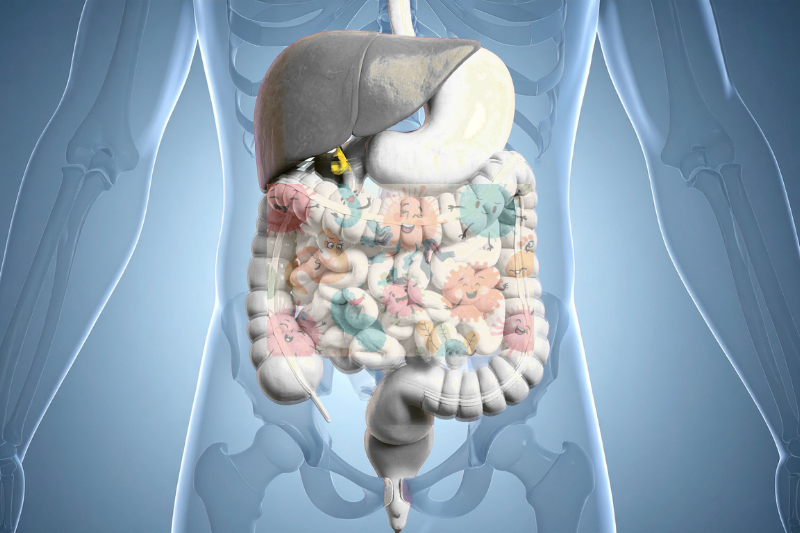
For decades, irritable bowel syndrome (IBS) was considered by conventional medicine to be a mysterious condition with no clear cause—often thought to be “in the mind” or simply a reaction to stress. Of course, this is nonsense; the majority of cases of IBS are caused by real physical issues. For 30 years, I have helped patients successfully with IBS by identifying and treating the underlying issues, such as:
-food sensitivities
-microbiome imbalances
-fungal overgrowth
-leaky gut
-gut infections
People with IBS experience chronic bloating, abdominal pain, diarrhea, constipation, or alternating bowel patterns. While stress and diet can worsen symptoms, new research shows that in many cases, IBS may actually be caused by an underlying problem in the small intestine known as small intestinal bacterial overgrowth, or SIBO.
SIBO occurs when excessive bacteria—normally found in the large intestine—migrate and multiply in the small intestine, where they do not belong in such large numbers. These bacteria ferment carbohydrates from food too early in the digestive process, producing gases such as hydrogen and methane. The result is bloating, gas, discomfort, and changes in bowel habits that are identical to IBS symptoms. Breath testing, which measures these gases after consuming a sugar solution, is now a standard diagnostic tool for detecting SIBO.
Studies suggest that a majority of patients diagnosed with IBS—especially those with bloating or diarrhea—may actually have SIBO. Treating the bacterial overgrowth often leads to significant improvement or even complete resolution of IBS symptoms. Standard treatment usually includes targeted antibiotics or herbal antimicrobials, followed by dietary changes such as the low-FODMAP diet and support for healthy gut motility. Addressing underlying factors like food poisoning, low stomach acid, or chronic stress can also reduce recurrence.
Recognizing SIBO as a root cause of IBS offers new hope for millions who have struggled with ongoing digestive distress. Rather than simply managing symptoms with fiber, laxatives, or antispasmodics, testing and treating bacterial overgrowth can target the underlying imbalance. As awareness grows among both patients and healthcare providers, IBS is increasingly viewed not as a vague “functional” disorder, but as a treatable consequence of microbial disruption in the small intestine.
With the right testing, SIBO can be identified and treated. Most of our patients with SIBO can be treated with diet and SIBO-specific supplements. In some cases, we also use a specific antibiotic that helps SIBO. In any event, if you have IBS, it is important to identify and treat the underlying imbalances so your health can be restored. You can read more about IBS and SIBO at markstengler.com or my book The Holistic Guide To Gut Health.